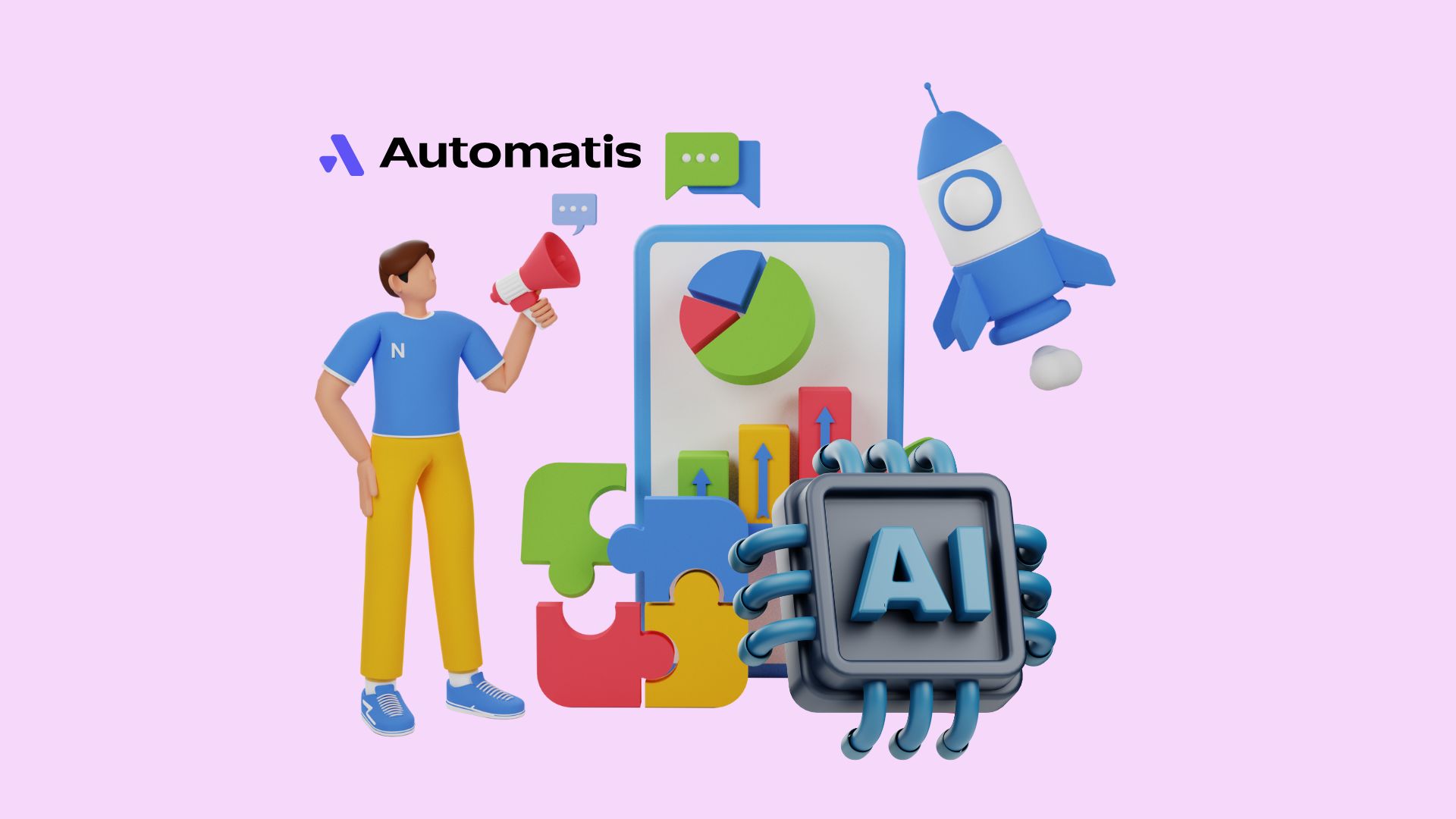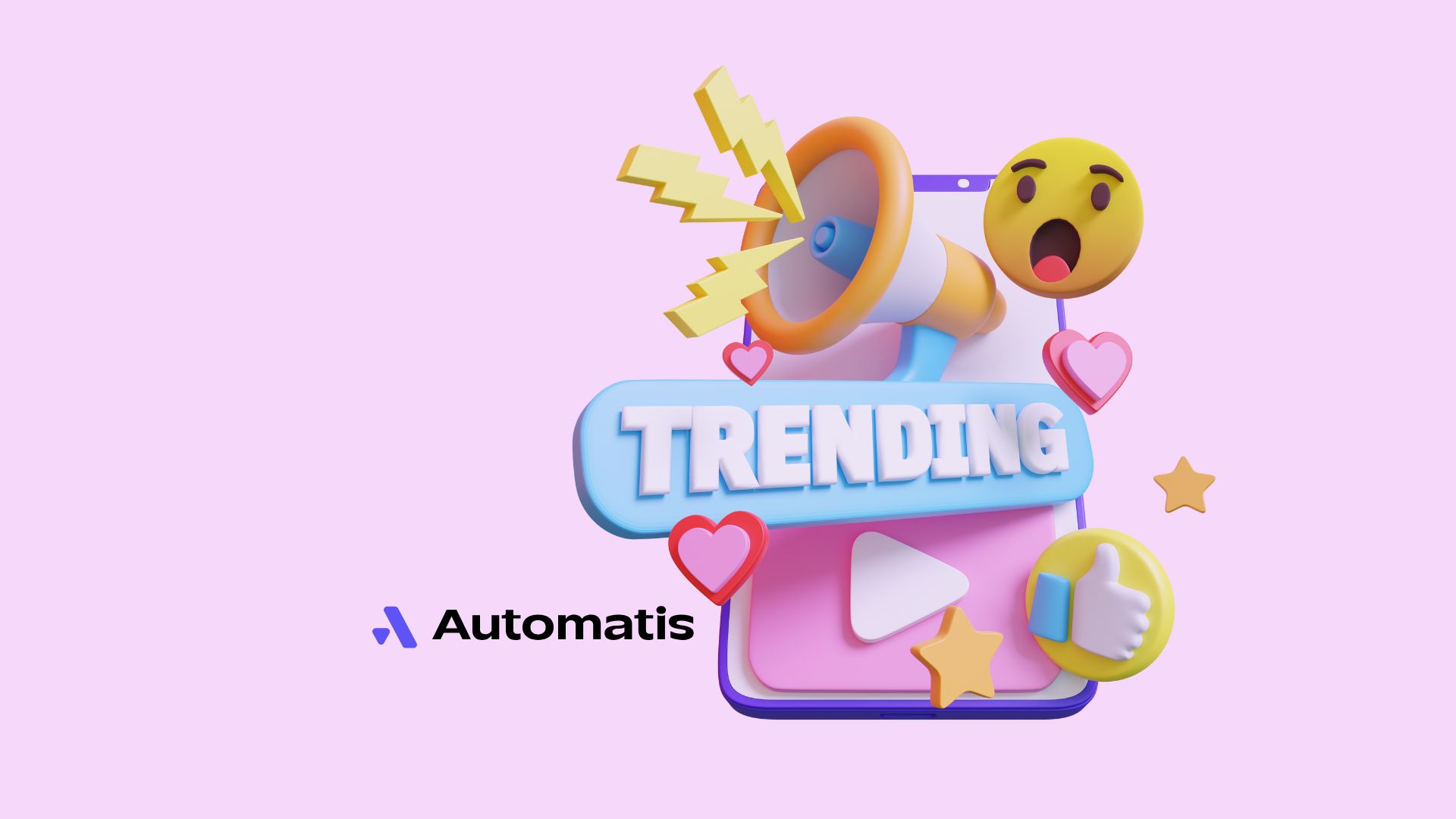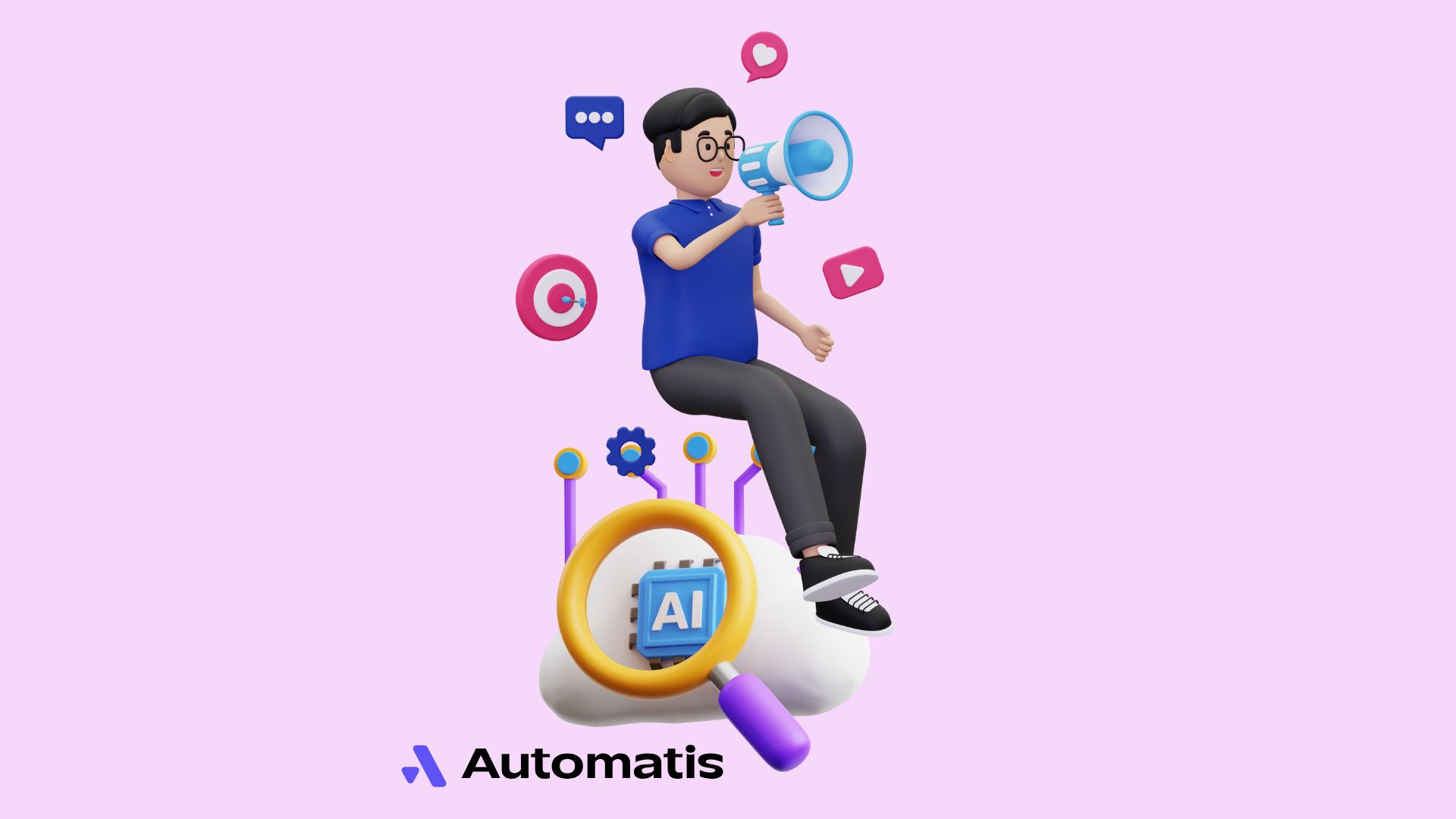The world of social media management has undergone a seismic shift in 2025, thanks to the integration of artificial intelligence (AI). As platforms continue to evolve, the demand for efficient and data-driven solutions has grown exponentially. AI has stepped in to bridge the gap, empowering marketers and businesses to navigate the complex social media landscape with ease. From automating routine tasks to providing real-time insights, AI is a game-changer in the industry.
But what exactly is driving this revolution? It's the combination of cutting-edge technologies like machine learning, natural language processing (NLP), and advanced analytics that enable businesses to achieve unprecedented efficiency and effectiveness. In this article, we-ll dive deep into how AI is reshaping social media management and why it's the future of digital marketing.
The Role of AI in Social Media Management
Automating Routine Tasks
Let's face it: managing a social media account can be time-consuming. From posting updates to responding to comments, these tasks often require significant effort. AI-powered tools like Hootsuite and Buffer are changing the game by automating routine tasks.
AI scheduling tools allow marketers to pre-plan content calendars, ensuring posts go live at optimal times without manual intervention. This not only saves time but also maintains consistency, a crucial factor for audience engagement. Imagine not having to wake up at odd hours to post for an international audience-AI has got it covered.
Enhancing Content Creation
Creating engaging content is both an art and a science, and AI is excelling at both. Tools like Jasper and Canva leverage AI to suggest content ideas, generate captions, and even design graphics tailored to specific audiences.
Moreover, AI can analyze user behavior to personalize content, ensuring it resonates with your target demographic. For instance, if your audience prefers video content, AI tools can automatically prioritize and generate video suggestions. This level of personalization was nearly impossible a few years ago but is now becoming the standard in social media management.
AI-Powered Social Media Analytics
Real-Time Data Insights
Data is the backbone of social media strategy, and AI has revolutionized how we interpret it. With AI, businesses can access real-time analytics that monitor key performance indicators (KPIs) like engagement rates, click-through rates, and follower growth.
AI tools also provide actionable insights, helping marketers tweak campaigns on the fly. For example, if a post isn't performing well, AI can recommend changes such as adjusting the caption or choosing a different posting time.
Predictive Analytics
Beyond analyzing past performance, AI is now predicting future trends. Predictive analytics uses historical data to forecast user behavior, enabling businesses to stay ahead of the curve.
For instance, AI can predict which hashtags will trend or which types of content will gain traction in the coming weeks. Armed with this information, marketers can plan proactive strategies that capitalize on emerging opportunities.
Advanced Chatbots and Customer Interaction
24/7 Customer Support
Gone are the days of waiting hours-or even days-for a response to a query. AI-driven chatbots like ChatGPT are revolutionizing customer interaction by offering instant support around the clock.
These bots can handle a wide range of tasks, from answering FAQs to processing orders. What's more, their ability to learn and adapt makes them more efficient over time, ensuring seamless customer experiences.
Personalized Responses
One of the biggest challenges in customer service is making interactions feel personal. AI excels in this area by analyzing past interactions and tailoring responses accordingly.
For example, if a user frequently asks about a specific product, the chatbot can preemptively provide updates or suggest related items. This level of personalization not only improves customer satisfaction but also builds brand loyalty.
Optimizing Ad Campaigns with AI
AI in Ad Targeting
Social media advertising is more competitive than ever, and precision targeting is key to standing out. AI tools like Facebook Ads Manager and Google Ads leverage machine learning to identify the right audience for your campaigns.
By analyzing user behavior, interests, and demographics, AI ensures your ads reach those most likely to convert. This reduces ad spend while maximizing impact-a win-win for marketers.
Reducing Ad Spend
AI doesn't just help you target better; it also helps you save money. By analyzing campaign performance in real-time, AI tools can identify underperforming ads and suggest reallocating budgets to high-performing ones.
This dynamic approach ensures you're always getting the best return on investment (ROI) without wasting resources.
Improving Social Media Monitoring
Sentiment Analysis
Understanding how users perceive your brand is crucial, and AI's sentiment analysis tools make it easier than ever. These tools scan comments, reviews, and mentions to gauge public opinion.
By identifying trends in sentiment, businesses can quickly address issues or amplify positive feedback. For example, if a new product launch generates negative feedback, AI can flag it instantly, allowing for swift damage control.
Crisis Management
In the fast-paced world of social media, crises can escalate quickly. AI tools are invaluable in identifying potential problems before they spiral out of control.
For instance, a sudden spike in negative mentions can alert your team to investigate and respond promptly. This proactive approach minimizes reputational damage and keeps your audience's trust intact.
Streamlining Influencer Marketing
Finding the Perfect Match
Influencer marketing has become a cornerstone of social media strategies, but finding the right influencer for your brand can be daunting. AI is making this process faster and more effective.
Platforms like AspireIQ and Upfluence use AI to analyze influencer profiles, follower demographics, engagement rates, and content styles. This data-driven approach helps businesses identify influencers whose values and audience align with their brand. AI ensures that partnerships are not just about follower count but about genuine impact.
Measuring Influencer ROI
One of the biggest challenges in influencer marketing is evaluating its return on investment (ROI). AI tools track metrics like engagement, reach, and conversions, providing a clear picture of campaign performance.
For instance, if a beauty brand collaborates with an influencer, AI can determine how many followers purchased products using a discount code or clicked on a link in the influencer's bio. This data allows businesses to refine their strategies and focus on collaborations that deliver the best results.
Ethical Implications of AI in Social Media
Data Privacy Concerns
AI thrives on data, but this reliance raises significant privacy concerns. Social media platforms collect vast amounts of user information, and AI uses this data to make predictions and recommendations.
The challenge lies in ensuring that user data is handled ethically. Businesses must comply with regulations like GDPR (General Data Protection Regulation) to protect user privacy. Transparency about how AI uses data can also help build trust with audiences.
Avoiding Bias in Algorithms
AI algorithms are only as good as the data they're trained on. If this data is biased, the outcomes will be too. For example, AI might favor certain demographics when targeting ads or prioritizing content, inadvertently excluding others.
To address this, developers are working on creating algorithms that prioritize fairness and inclusivity. Regular audits and updates to AI models can help mitigate bias and ensure ethical practices in social media management.
The Future of AI in Social Media
Emerging Technologies
The rapid evolution of AI means new technologies are constantly on the horizon. In 2025, we're seeing advancements like generative AI creating immersive content such as augmented reality (AR) filters and virtual influencers.
These technologies enhance user experiences and open new avenues for creative marketing. Imagine a virtual influencer powered entirely by AI, engaging with followers and promoting brands authentically.
Human and AI Collaboration
While AI is incredibly powerful, it's not a replacement for human creativity and intuition. The future lies in collaboration between humans and AI, where AI handles repetitive tasks and data analysis, freeing up humans to focus on strategy and storytelling.
This synergy allows businesses to achieve the best of both worlds: the efficiency of AI and the emotional connection of human touch. Social media managers of the future will likely work alongside AI assistants, using them as tools to amplify their impact.
Conclusion
The revolution in social media management driven by AI in 2025 is nothing short of extraordinary. From automating tasks to enhancing analytics, AI is transforming how businesses connect with their audiences. Tools that once seemed futuristic are now essential components of successful social media strategies.
However, as we embrace these innovations, it's crucial to remain mindful of ethical considerations. Balancing the power of AI with responsible practices will be the key to sustainable growth in this space. The future of social media is bright, and with AI as our ally, the possibilities are limitless.
a









